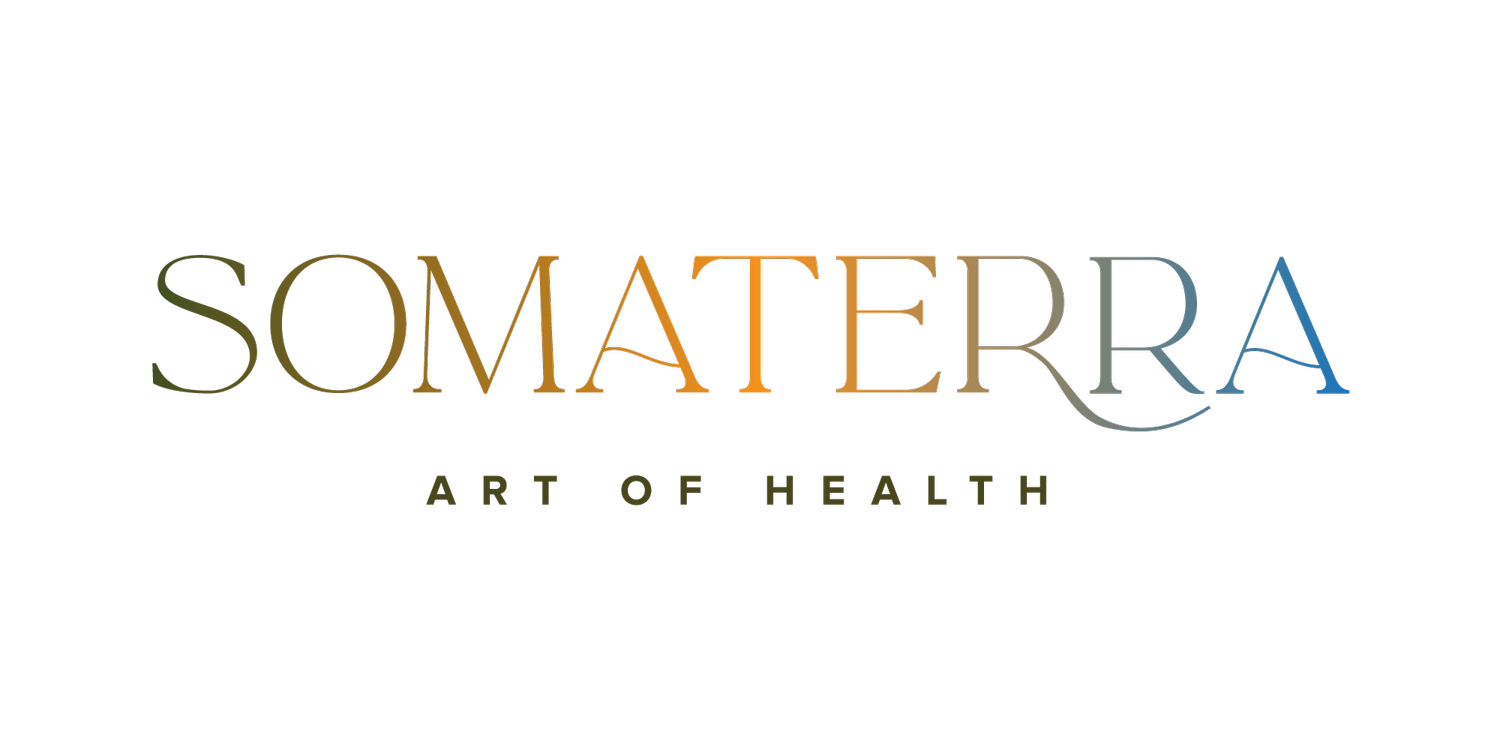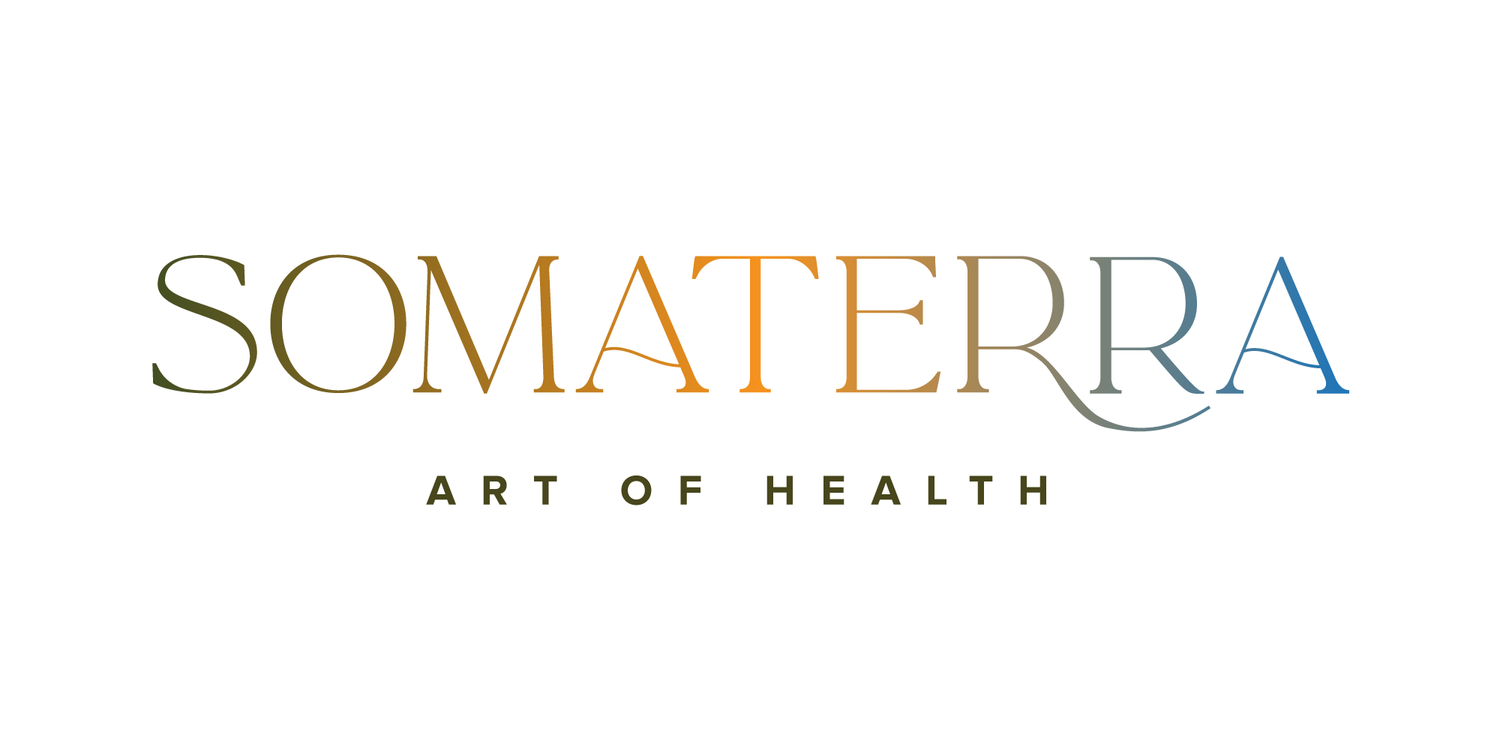
Chinese Nutritional Strategies
Personal, specific and highly individualized tailored to fit you, and only you.
One of the easiest ways to restore balance between ourselves, each other and the world around us is to eat local, seasonal whole foods. This type of eating aligns with Chinese Nutritional concepts because they are all about observation and overall balance.
Chinese Medicine does not offer a particular “diet” but instead creates homeostasis by addressing each individual constitution with foods that naturally restore balance. A simple example would be choosing warming foods for someone with an internal cold condition, or choosing tonifying foods for someone with a deficiency, etc.
There is no one size fits all. This framework doesn’t label anything as particularly “good” or “bad”. Instead, each food has a flavor, temperature and affinity. Which foods are best for you depends entirely on your constitution, and your constitution can change over time. This is the beauty of working with Chinese Medicine and Chinese Nutrition; its personal, specific and highly individualized tailored to fit you and only you.
When we talk about ‘organs' in Chinese Medicine, it is not just the actual, physical organ we are referring to. Each organ comprises a whole system unto itself that regulates many aspects and functions of the body. Various influences can impact specific organs and there is a close relationship between these organ systems, the five flavors, and the five elements.
Understanding taste is a way to understand the effect a particular food or medicine might have on the body when ingested. There are five main tastes - salty, sour, bitter, sweet, pungent. These align with the five elements - water, wood, fire, earth, and water. Each organ is associated with a taste and element - kidneys, liver, heart, spleen, lungs, respectively.

